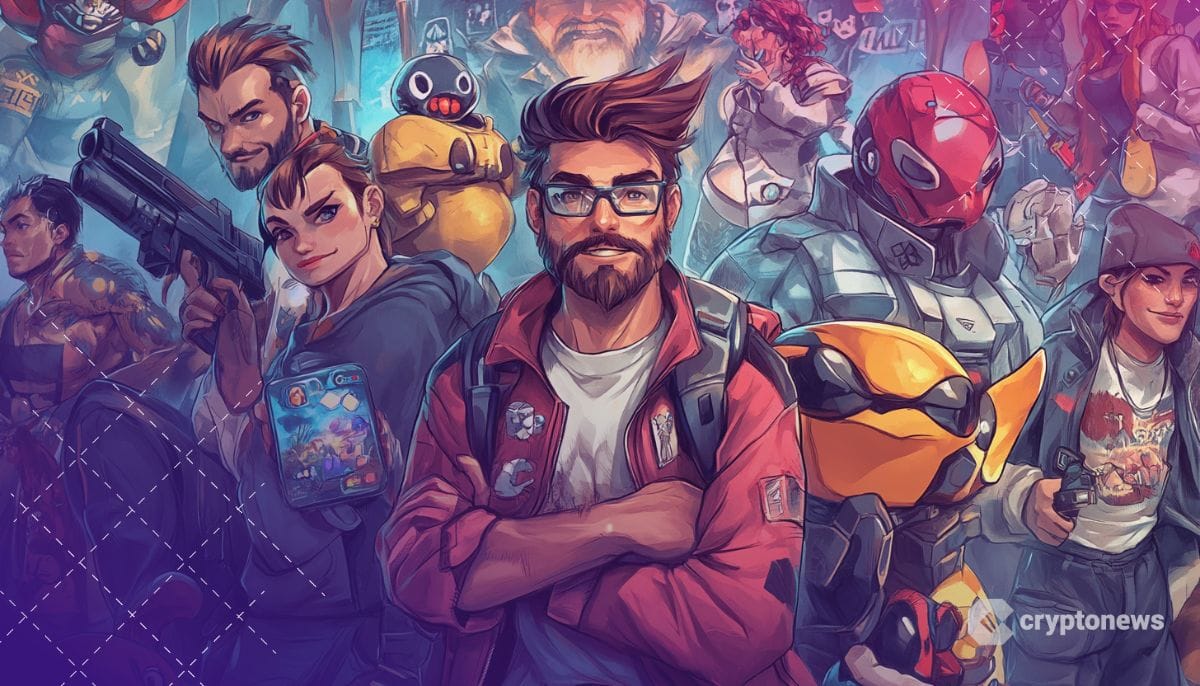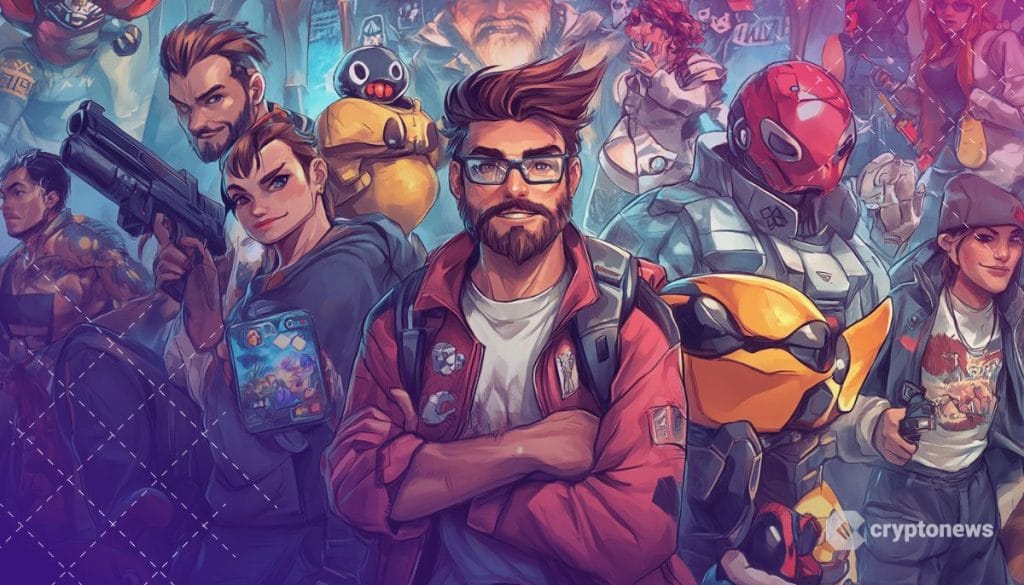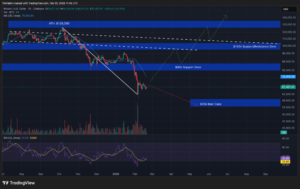Last updated:
 Why Trust Cryptonews
Why Trust Cryptonews
Ad Disclosure
We believe in full transparency with our readers. Some of our content includes affiliate links, and we may earn a commission through these partnerships.

Traditional gaming professionals now hold a larger share of roles in Web3 game companies, surpassing blockchain and cryptocurrency specialists.
According to the Blockchain Game Alliance’s (BGA) 2024 State of the Industry report, 52.5% of industry professionals have a background in traditional gaming—the highest figure since the survey’s inception in 2021.
Blockchain Experts Account for 10% of Web3 Gaming Workforce
In contrast, blockchain and cryptocurrency specialists now account for only 10.8% of the workforce, a sharp decline from 21.7% in 2023. Per the report:
“For an industry that has faced great scrutiny regarding the importance of building fun-first and less financialized games, it is significant to see an increased prevalence of professionals coming from a background in gaming as opposed to blockchain or cryptocurrency.”
Digital asset ownership continues to be the most valued feature of blockchain gaming, with 71% of the 623 respondents identifying it as a key advantage.
This sentiment has remained consistent since the first BGA survey in 2021.
Other noted benefits include new player reward models and alternative revenue streams, which underscore blockchain’s potential to transform the gaming landscape.
However, challenges persist. Poor user experience and onboarding difficulties remain the industry’s most pressing issues, though 54% of respondents flagged them as concerns—a notable improvement from 80% in 2023.
The stigma surrounding blockchain games also endures. Two-thirds of respondents cited allegations of scams as a major challenge, while 30% noted concerns about bot activity within Web3 games.
Despite these obstacles, the industry’s evolution towards a player-focused approach signals ongoing efforts to bring blockchain gaming to the mainstream.
Telegram Dominates Web3 Gaming
As reported, Telegram has emerged as a significant platform for Web3 gaming, capturing 21% of new game launches in 2024.
Developers and publishers are leveraging the messaging app to boost user acquisition and engagement, Game7, a community dedicated to advancing blockchain technology in gaming, said in its 2024 State of Web3 Gaming Report.
The report, created in collaboration with research firm Naavik, claimed that the surge in Telegram’s influence could challenge traditional mobile platforms like Apple and Google, which continue to impose restrictive app store policies and face regulatory uncertainties.
The report further revealed that Immutable and Arbitrum stand out as the fastest-growing ecosystems in Web3 gaming.
Immutable recorded a 71% year-over-year growth, with 181 announced titles, many of which migrated from Polygon.
Arbitrum achieved a 68% increase, driven by its Orbit Framework, which supported 23 new gaming networks.
The rise of Layer 2 and Layer 3 networks has become the new standard for blockchain gaming.
In terms of geography, APAC regions, including South Korea and Singapore, accounted for 39% of new Web3 game launches, followed closely by the U.S. at 36%.
Despite a 36% decline in new game announcements compared to 2023, the sector saw an 84% drop in developer exits, signaling increased stability.

















